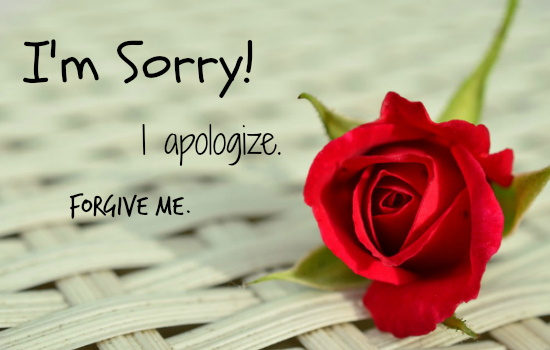
Most of us perceive the brain as being for thinking, or intellectual functions. We often think of ourselves, our personality, as what is going on in those intellectual functions from the neck up. In fact, there are several parts to our brain that contribute to who we are and how we form our personality, not just our intellectual cortex. In this way, the purpose/role of emotions is far more complex than meets the eye.
The cortex is what we refer to as our smart brain. Most of us know individuals who are brilliant academically or intellectually, yet they can be emotionally dysfunctional almost in the extreme. We often presume erroneously that our thinking brain should be “smart” enough to exercise dominion over our emotions.
However, the missing piece of information here is that our emotions actually are a survival adaptation mechanism that each of us develops as we process our early environment and social conditioning.
 Aggressive Or Passive?
Aggressive Or Passive?
Some of us learn to be assertive or aggressive in our environments to adapt, and some of us learn to become passive or try to become invisible to stay safe and secure. Nothing is more powerful in the human being than the drive to survive. Hence, our emotions win in the battle between thinking and feeling.
It is helpful to understand that our emotions represent how we learned to adapt in our surroundings and environment, especially during the first five years of our development. Our familial input taught us, as it did Ivan Pavlov’s dogs, how to respond to the stimuli we received as infants and toddlers.
Embedded Conditioning
This embedded neurological conditioning is not overcome by thought processes; the thought process for humans is the newest component to our primitive, or primordial, brain. But it is in the survival adaptive portion of our brain that we form our personality and that we become conditioned to create and interact within relationships.
You have to understand that the interpersonal issues that can frustrate you may come from your drive to survive and the conditioned responses to the stimulation and environment you have experienced. They do not stem from a desire to be difficult or bad intent. Realize this and you can begin to be kinder and gentler toward yourself and others.
Our emotions are the way we learn to live and survive in our world. We cannot think them into changing, but we can step back and appreciate the service and challenge they offer us in our daily lives. We can also explore techniques that allow us to have greater control over our emotions. For a free chapter download on brain function and behavior, visit changingbehavior.org.
FREE Whole Health Consultations available.
888-354-4325 Take charge of your health!


